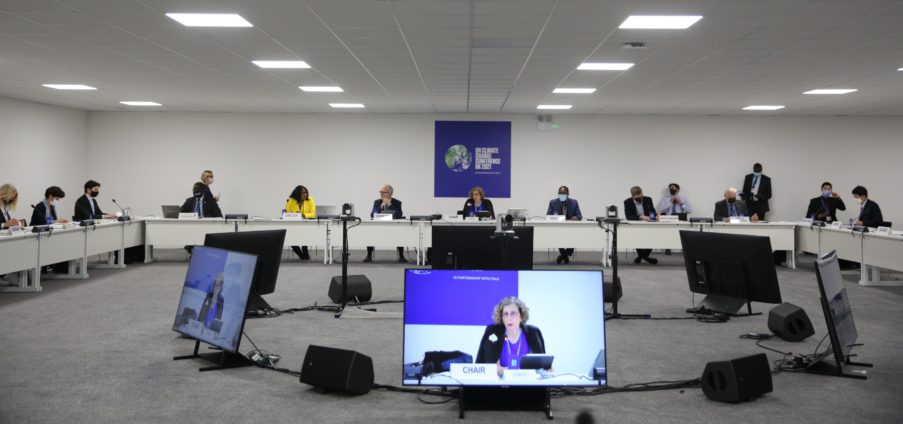With just two to three percent contribution to the global emissions, Africa’s contribution to climate change is really negligible.
But the continent worriedly stands out disproportionately as the most vulnerable region in the world at the impact of climate change.
The call for climate action is therefore pushing many young entrepreneurs especially in Ghana to dig deep for solutions in engineering manufacturing to address societal challenges.
Jorge Appiah, CEO of Solar Taxi, for instance, would profess solutions to unsafe transportation and so he and his team came up with a prototype.
It had a solar panel on top of the car and then powered by batteries.
From his base in Kumasi, he put together young engineers and breathe life into the idea after they managed to secure funding from MasterCard Foundation which was eventually the first phase of traction.

Since 2019, Solar-Taxi has scaled up its importation of electric vehicles which are partially assembled in Ghana, and motorbikes that are entirely assembled in Ghana. It currently has some 60 electric vehicles and 150 motorbikes purchased across Ghana.
As the business expand and demand for electric vehicles increases, sourcing batteries becomes highly competitive and virgin opportunity to tap in.
Solar-Taxi is one of the many emerging engineering manufacturing companies from this side of the world who would require enough funding support to put flesh to climate-driven solution ideas.
But the Africa’s vulnerability is driven by the prevailing low levels of socioeconomic growth on the continent.
That is why climate finance and green funding is a very important discussion at the COP26 event at Glasgow, Scotland this week.
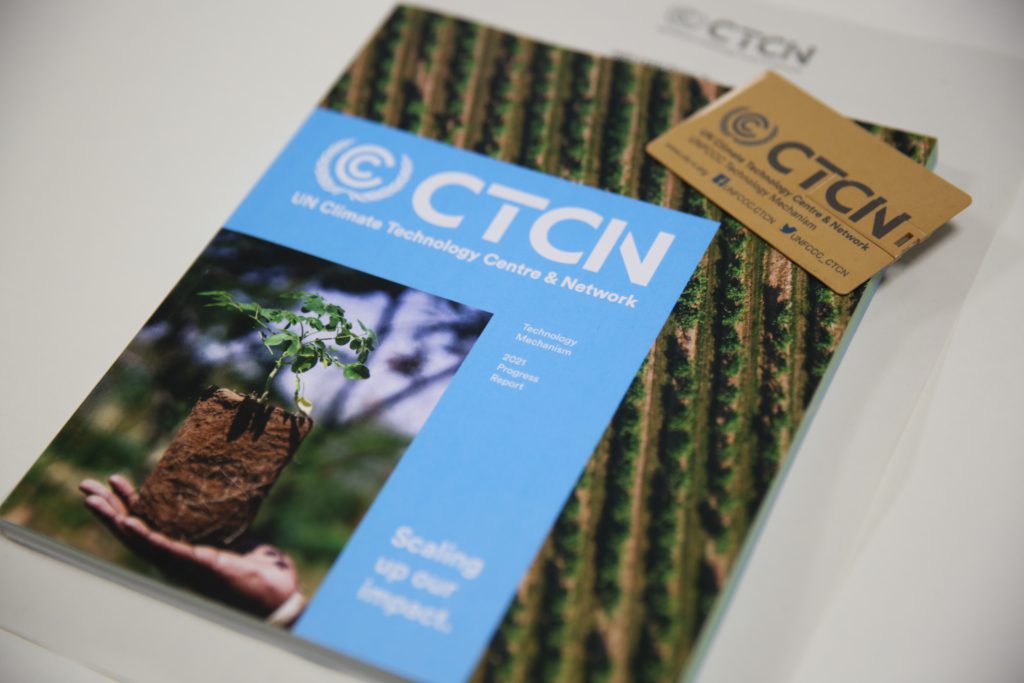
The Paris Agreement Call
Article 10 of the Paris Agreement defines the role of technology in addressing climate change and declares:
“Parties share a long-term vision on the importance of fully realizing technology development and transfer in order to improve resilience to climate change and to reduce greenhouse gas emissions”.
The Article also emphasizes that Parties should strengthen cooperative action on technology development and transfer and that the Technology Mechanism established under the Convention is designated to implement this Agreement across a technology framework of innovation, implementation, enabling environment and capacity-building, collaboration and stakeholder engagement, and support.
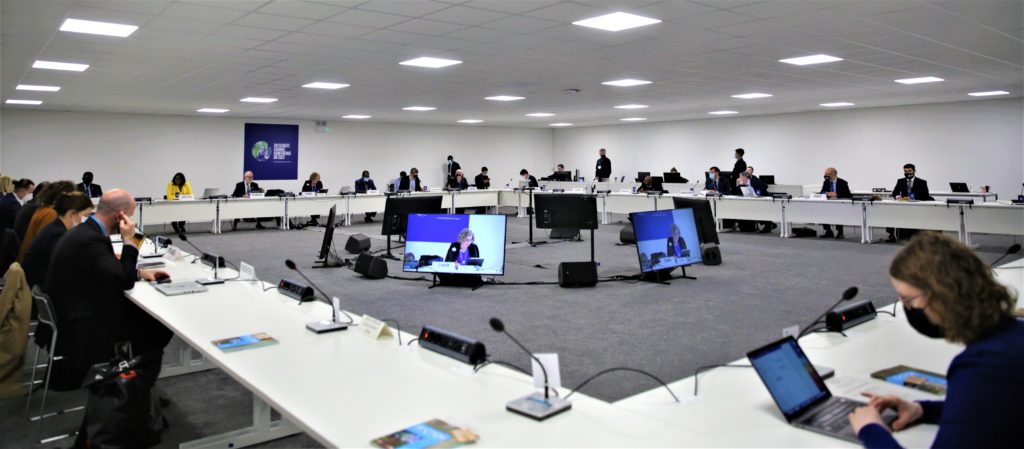
Nations gather at COP26 to spur collaboration
Member States at the COP26 this week met to discuss expansion of international technology collaboration to implement Article 10 of the Paris Agreement.
Nations, including Germany, Japan, the Republic of Korea, Spain, and the United States announced funding commitments to support the work of the UN Climate Technology Centre and Network (CTCN), the implementation arm of the Technology Mechanism.
The meeting, focused on supporting developing countries to access technologies for both low-carbon and climate-resilient development.
Government representatives discussed the need to prepare the necessary policy and regulatory foundations to support widespread technology innovation and deployment in developing countries.
Building the capacity of skilled workforces to install and maintain green technologies was also highlighted as a key priority.
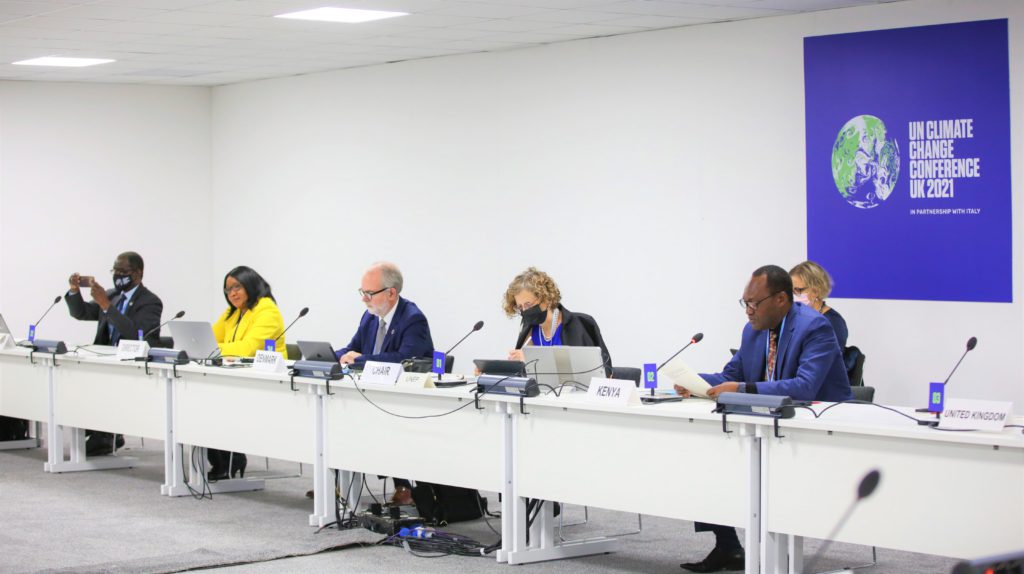
The Funding Support
The Korea Government for instance revealed its support CTCN of approximately 10 million US Dollars in the upcoming five years ahead for the successful operation of the CTCN Partnership and Liaison Office launched in early 2022.
Mr. Moongi Choi, Science Attaché in the Republic of Korea’s Embassy in the UK, said in addition, Korea will support at least over 4.12 million USD in the form of the pro-bono support by 2030.
Executive Director of the UN Environment Programme (UNEP), Inger Andersen, said, better technologies in developing countries will be crucial to fulfilling climate change commitments.
The CTCN, as the implementation arm of the Convention’s Technology Mechanism, will be central to facilitating the development and deployment of such transformative climate technologies.
However, he said that, “…we have so far only tapped into a fraction of the CTCN’s potential. At this critical juncture for climate action, the global community can do a lot of good by strengthening the Technology Mechanism, as climate technology development and transfer offer tremendous opportunities for low-emission growth and resilient societies”.
Head of the International policies Unit, Directorate General for Climate for the European Commission, Ms. Elina Bardram revealed that the European Commission has been the largest donor to the CTCN since its inception.
“As important negotiations take place at COP26 to act and engage in a new impetus to address the fight against climate change, solutions on technology development and transfer will be of major importance.”
He continued that, “…In this context, we are keen to further support, as donors, the CTCN and the development of its activities on the ground and particular in most vulnerable regions. We also encourage further donors to contribute, including MDBs and the private sector,”
Mr. Toshiaki Nagata, Director of the Global Environment Partnership Office for Japan’s Ministry of Economy, Trade and Industry, said Japan is one of the largest donors to CTCN as an individual country.
“We have been making financial contributions constantly every year, and subject to budgetary approval, we intend to contribute again to the CTCN operations next year. Our support has also extended to the nomination of a member to the CTCN Advisory Board.”
Germany announced a voluntary contribution to the CTCN Trust Fund underlining its continuous support for the Technology Mechanism.
“Technology is key if we want to combine economic development and climate protection. Germany, as announced by Parliamentary State Secretary Winkelmeier-Becker last week, will provide a voluntary contribution for the CTCN Trust Fund in 2021 underlining Germany’s continuous support”.
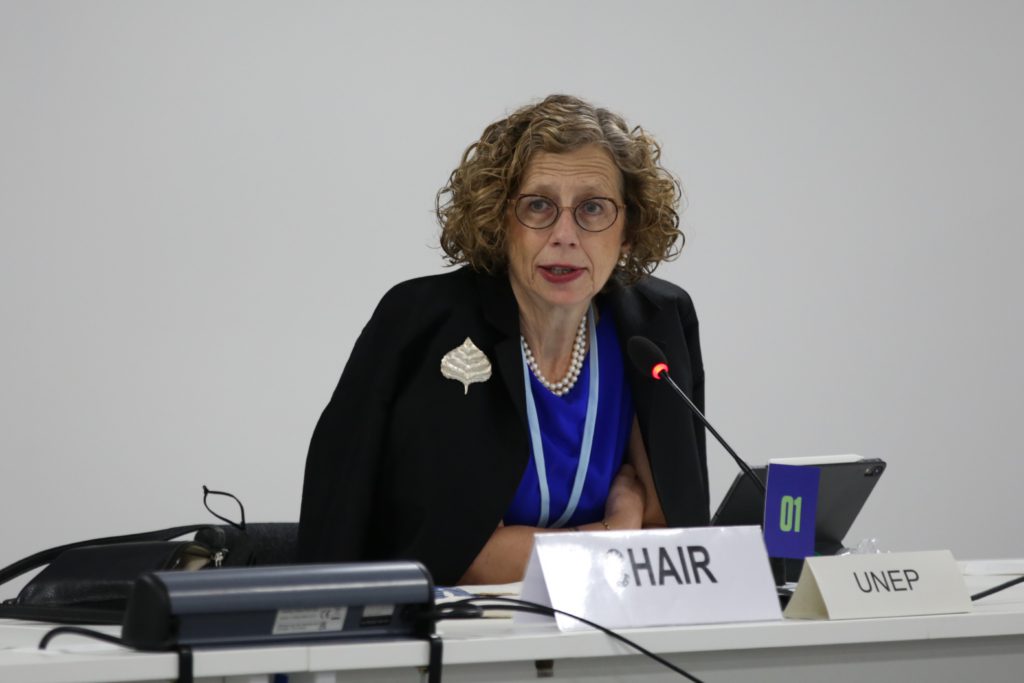
Deputy Special Envoy for Climate, Jonathan Pershing stated, that by helping to deploy technology in developing countries at the rapid speed and massive scale that is urgently needed the CTCN plays a critical role in supporting our collective ability to achieve the Paris Agreement's goals.
The government of Spain also committed to doubling its past funding to support CTCN efforts.
In response to this demonstration of climate technology support by so many countries, the CTCN Director Rose Mwebaza said, member States have already supported the CTCN in delivering technology solutions to over 100 countries across a broad range of sectors.
“…we stand ready to serve developing countries as they raise their climate change ambitions.”
According to her, by combining current solutions, traditional knowledge, and new digital technologies, CTCN can lower global emissions and build resilient societies.
This will require rapid implementation at a very large scale as well as engaging inclusive participation of governments, the private sector, and a broad range of stakeholders including women, youth, and indigenous peoples.
Latest Stories
-
Mortuary workers issue fresh strike threat
3 mins -
‘Lapses in banking system are not unique’ – John Awuah on managing fraud in Ghana’s Banks
11 mins -
Bawumia confident of victory in 2024 election
45 mins -
Strengthening audit institutions essential for tackling fiscal mismanagement – Domelevo
56 mins -
Healthy Aging: The Role of the Gut Microbiome and How Diet Can Help
57 mins -
Seek medical care, diagnosis for breast cancer – Dr Abiti to women
1 hour -
Hardship: Men now collect marriage list from different families to get cheapest – Report
1 hour -
‘If you’re looking for trouble, you’ll get it,’ Falz tells VeryDarkMan
1 hour -
Paramount Chief of Avenor grateful to NPP, calls for completion of Agenda 111 project
2 hours -
Bawumia commissions ultramodern office complex for Ho Municipal Assembly
2 hours -
Bawumia declares NPP’s infrastructure record unmatched
2 hours -
Importers face duty on Electric Vehicles despite gov’t’s exemption promises
2 hours -
4 additional Democracy Hub protesters discharged
2 hours -
Election 2024: Alan Kyerematen lacks a message – Hassan Ayariga
2 hours -
‘Helping a human is better than scoring a goal’ – Adebayor
2 hours

